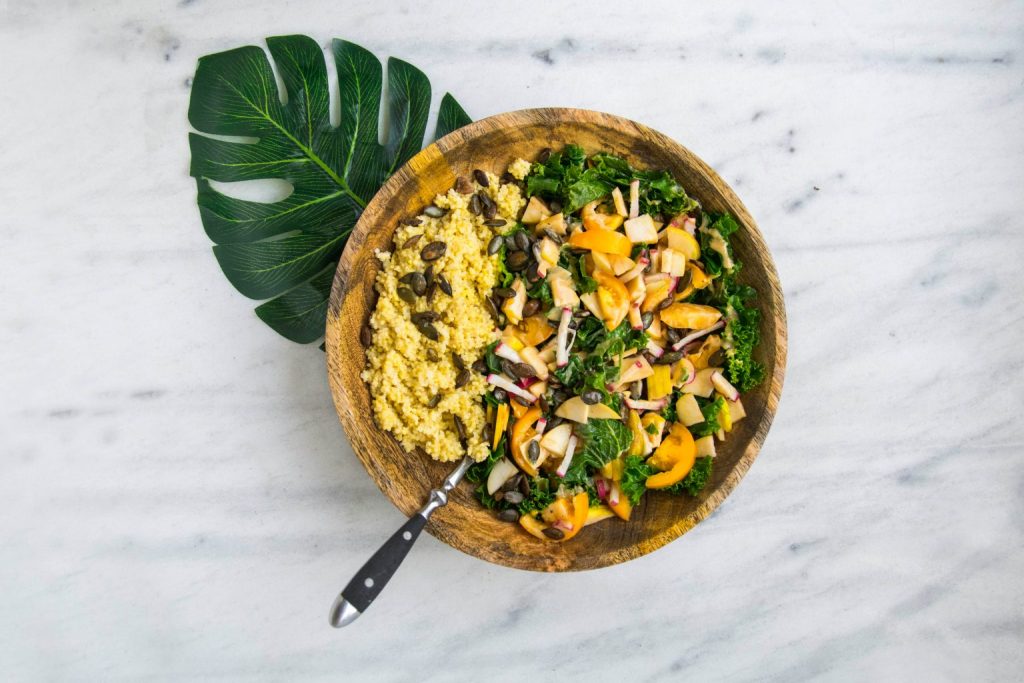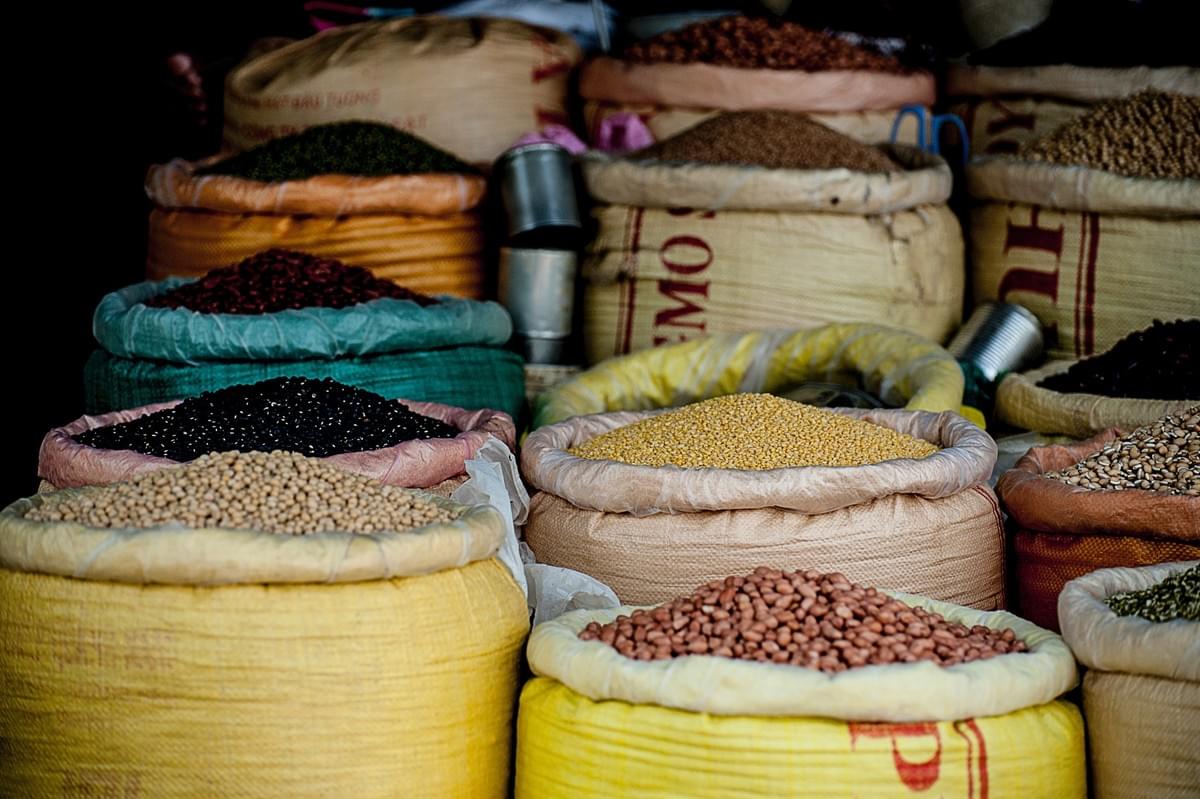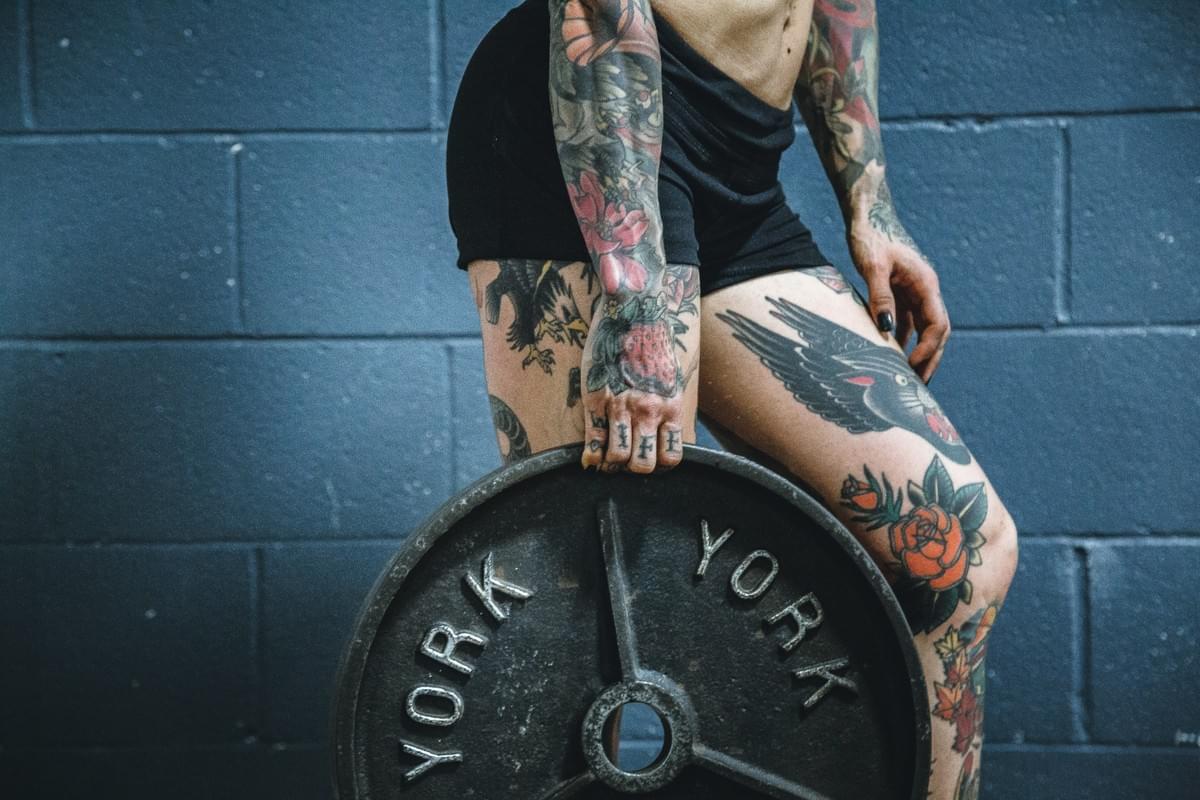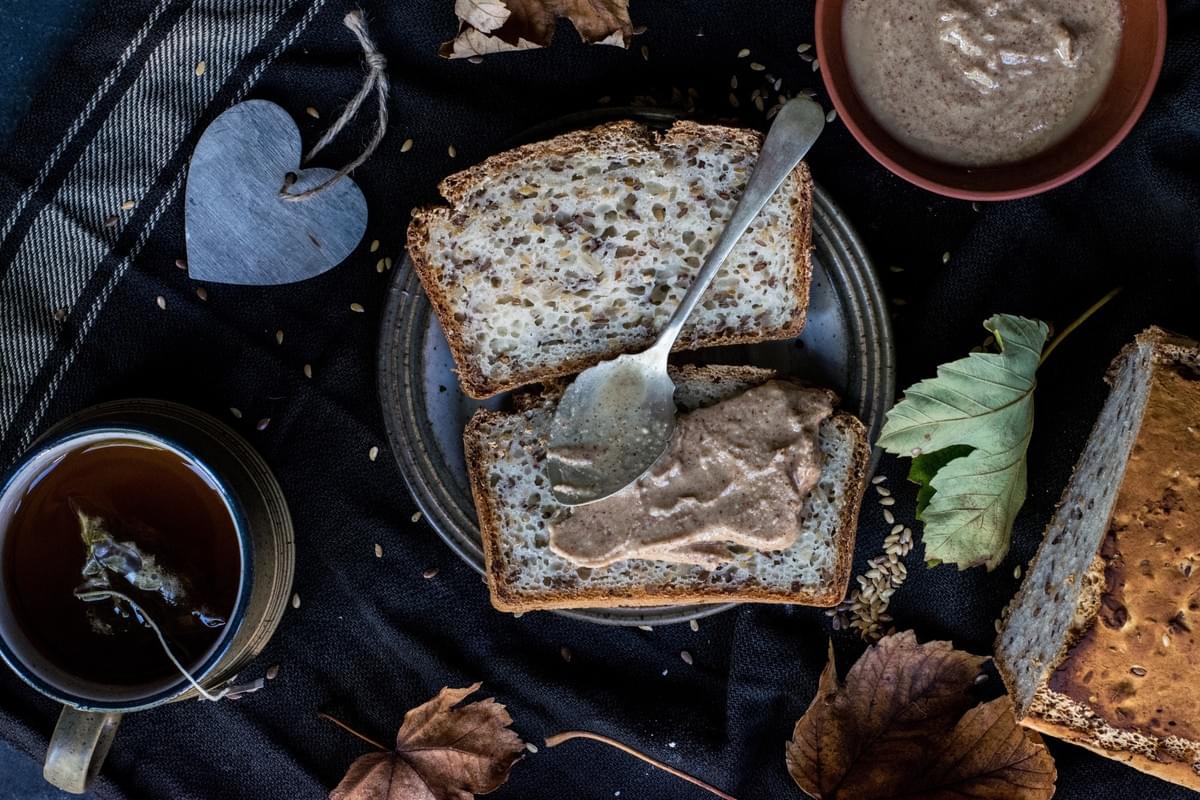Plant Based Proteins: What You Need to Know

Table of Contents
A Guide to Plant Based Proteins for Vegans and Vegetarians
I’ve been a vegetarian for 14 years now. If I had a dollar for every time I’ve been asked about plant based proteins, I would be set up for life! There’s a long-standing myth that it’s difficult to get enough protein on a plant based diet. I assure you, my friends, that that is not the case!

I grew up in the countryside surrounded by dairy farms. Being vegetarian wasn’t common in Ireland back then. Faux meats were hard to come by, and beans and lentils were on the bottom shelf in the supermarket, if at all. You really had to shop around to find any vegetarian or (especially) vegan meat substitutes.
These days the market has completely changed. There’s been somewhat of a health revolution in Ireland. Supermarkets are now dedicating whole aisles to legumes, nuts and seeds. Major chains now stock vegan ready meals, and you can find a lot more vegetarian/vegan options on the menus.

What plant based foods are high in protein?
While the vegetarians have eggs, dairy and sometimes fish (pescatarians) to fall back on, those consuming an entirely plant based or vegan diet do have to be a little more careful to get that balance right. All unprocessed foods contain protein, but some foods are higher than others. Once you understand which plant based foods are high in protein, you won’t have to worry about this again.

Plant Based Protein Sources:
- Beans and pulses: black beans, kidney beans, chickpeas, lentils, mung beans, butter beans… the varieties are absolutely endless.
- Soy products: tofu, tempeh, TVP (texturised vegetable protein).
- Nuts and nut butters: Almonds, peanuts, cashews, pistachios…
- Seeds: Sunflower seeds, pumpkin seeds, sesame seeds… if you’re new to seeds you can start by just sprinkling some over your breakfast in the morning or adding to a smoothie.
- Grains: Rice, wheat, oats etc…
- Vegetables: Spinach, kale, broccoli…
- Faux meats: I put these at the bottom of the list as faux meats often contain lots of artificial additives.
Remember that just because a food isn’t considered a high protein source doesn’t mean that it doesn’t contain any protein. Vegetables and grains all have a certain level of protein, so it’s unlikely you’re deficient if you’re eating a diet of “real foods”.

How much protein do we need?
Protein needs vary according to age, illness, pregnancy etc. The World Health Organisation(WHO) recommends that roughly 10% of our total calories should come from protein. Although theoretically, we only need about 5%. As long as you eat a balanced diet and consume enough daily calories, it would be pretty difficult not to get enough protein.
The RDA for protein is 0.8g per kilo of body weight per day. For a 65kg adult that would be: 65 x 0.8 = 52g. Extra protein is needed when your body needs to repair itself i.e. after injury or surgery, during pregnancy or breastfeeding. High protein diets are common among bodybuilders. They use extra protein to aid recovery after tough workouts and optimise performance. Bodybuilders or strength athletes often consume 1.6g/kg or even up to 2g/kg.

Wondering how much protein is in your favourite plant based foods?
Here’s a nifty little table I put together that shows you how easy it is to get enough plant based protein. Please keep in mind that this list is just an example. All unprocessed foods contain some degree of protein.

How to calculate your protein RDA:
If you want to work out these values for your own weight, take a look at this example where I calculate the %RDA for a portion of peanut butter.
Body weight (65kg) x RDA (0.8g/kg) = Daily protein intake (52g)
Peanut Butter: [Protein per portion (8g) / Daily protein intake (52g)] x 100 = 15.38%
2Tbsp of peanut butter makes up 15% of your protein RDA.

Why are plant based proteins sometimes considered inferior?
Proteins are made up of amino acids. Twenty amino acids are used in the body. While all of these are necessary for proper growth, there are nine amino acids that cannot be made in the body and must be consumed in the diet. These are known as “essential” amino acids (EAAs).
Proteins in animal products have a similar composition to those found in the human body, which means they are a “complete protein”, i.e. they contain all nine essential amino acids. Plant based protein does not include all EAAs. This is why animal foods are considered to be “high quality” proteins.
How can you get all the Essential Amino Acids you need?
As a vegan or vegetarian, you need to eat protein from a variety of different sources in order to obtain all EAAs. In reality, this is not a big deal. It’s as easy as eating beans and rice for dinner and eating a handful of nuts during the day. This is because grains are high in some amino acids that beans do not contain and vice versa. When we consume proteins from different foods, we do not need to worry about having a shortfall. You don’t need to eat these foods at the same time as the body will maintain a short term reserve for you.
If you’re more of a visual learner, you’ll love my graphic below showing some of my favourite plant based proteins and grams of protein per serving! Feel free to pin it to your Pinterest for easy access 🙂

If you found this post helpful, you’ll also enjoy my blog on meal planning for plant based diets. Read the blog here or download my free Plant Based Meal Planning PDF.
- Burton, R. (2018) ‘Principles of Nutrition – Protein’. Irish Institute of Nutrition and Health. <https://www.iinh.net>
- Pitchford, P. (2002) ‘Healing with Whole Foods: Asian Traditions and Modern Nutrition, 3rd edn.’ North Atlantic Books, Berkeley.
- World Health Organization & United Nations University. (2007) ‘Protein and amino acid requirements in human nutrition : report of a joint FAO/WHO/UNU expert consultation’. Geneva : World Health Organization. Accessed on 14.09.18<http://www.who.int/iris/handle/10665/43411>
- Rouxbe Cooking School. (2018) ‘Plant based protein sources Professional Plant-Based Certification Course > Task 26‘. Rouxbe Cooking School. Accessed on 14.09.18 <https://lms.rouxbe.com/cooking-courses/pb4-professional-plant-based-certification/task/15739>.